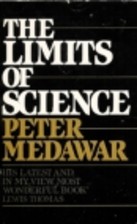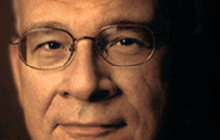A similar state of affairs persists in the geological community, which interprets the primary sedimentary units of most of the fossil-bearing part of the geological record as having been produced by gradualistic rather than catastrophic processes, when the evidence is abundantly in favor of the latter.8
Consider the following video presentation and how it shows one side of the debate about the Grand Canyon.
—
Likewise, in cosmology, to avoid the inference that the earth is near the center of the cosmos, as implied by isotropy of redshift and of cosmic microwave background energy, a highly speculative and difficult-to-test hypothesis has been invoked–namely, the Copernican Principle,9 which posits that the entire cosmos is just like what we observe from the earth, at least at large scales. A result is that gravity perfectly cancels at large scales and keeps the cosmos from being inside a black hole during the early phases of a Big Bang. All Big Bang models depend critically on this hypothesis. The fact that the Copernican Principle up to now has been untestable means, strictly speaking, that Big Bang cosmology cannot be viewed as authentic science since it relies in a critical way on an untestable hypothesis.









